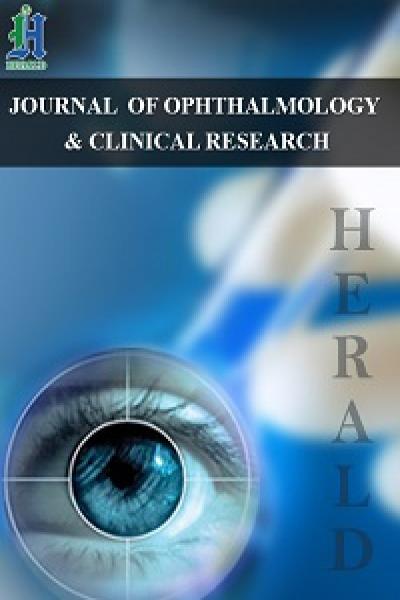
Maculopathy
Maculopathy is a term used to describe any condition that affects the macula, the central part of the retina responsible for detailed, central vision. Common types include age-related macular degeneration (AMD), diabetic maculopathy, and myopic maculopathy. These conditions can lead to symptoms such as central vision loss, image distortion (metamorphopsia), and difficulty reading or recognizing faces, significantly impacting daily activities.
The causes of maculopathy vary: AMD is often associated with aging and genetic predisposition, while diabetic maculopathy results from prolonged high blood sugar damaging retinal vessels, and myopic maculopathy is linked to severe near sightedness. Diagnosis involves advanced imaging techniques like optical coherence tomography (OCT) and fluorescein angiography. Treatment depends on the underlying cause and may include anti-VEGF injections, laser therapy, or lifestyle changes such as improved blood sugar control or nutritional support to help slow disease progression.

